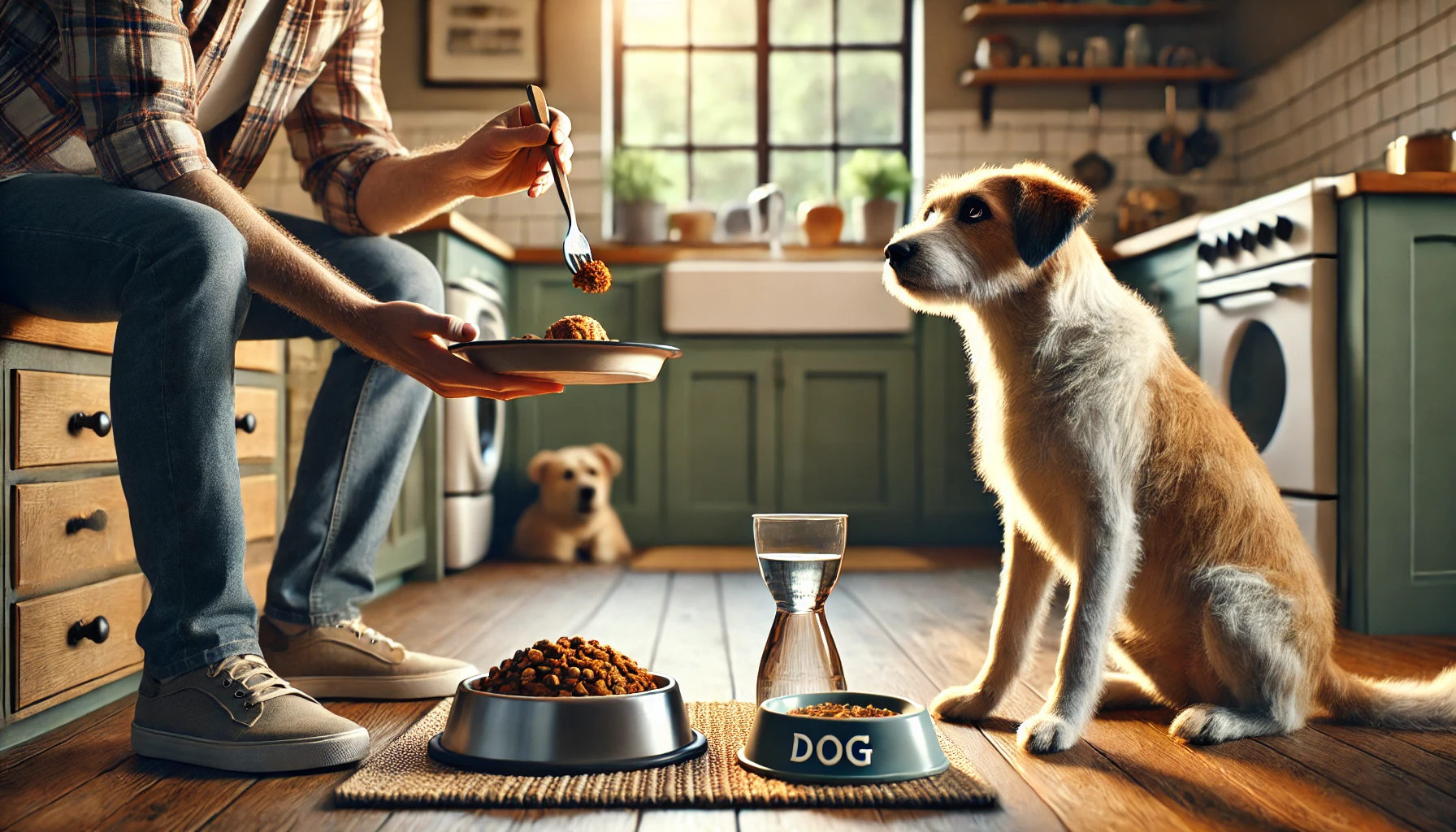When it comes to feeding your dog, showing love through food is a natural impulse. But what many owners don’t realize is that certain foods, feeding habits, and even poor-quality kibble can seriously harm a dog’s health over time. In this article, you’ll learn what to avoid in your dog’s daily diet to ensure a longer, healthier life for your four-legged friend.
Why feeding the right way matters
A poor diet can cause obesity, digestive issues, nutritional deficiencies, allergies, and even kidney or liver problems. Dogs have specific nutritional needs that differ greatly from ours — what’s healthy for humans may be dangerous for them. Knowing what not to feed is just as important as knowing what to feed.
Human foods that are toxic to dogs
Even small amounts of these foods can cause harm:
- Chocolate – contains theobromine, which is toxic
- Grapes and raisins – can lead to kidney failure
- Onions and garlic – damage red blood cells
- Avocado – contains persin, toxic for dogs
- Caffeinated drinks – overstimulate the heart and nervous system
- Alcohol – can cause serious intoxication
- Raw yeast dough – expands in the stomach and may rupture organs
- Cooked bones – can splinter and puncture the digestive tract
Never offer table scraps that contain any of these ingredients.
Stop giving table scraps
It might feel like love, but sharing your plate can confuse your dog and lead to:
- Nutritional imbalance
- Obesity
- Digestive upset
- Refusal to eat proper dog food
Stick to a balanced diet formulated for dogs — and keep your meals for humans only.
Be cautious with treats
Treats should make up no more than 10% of your dog’s daily calorie intake. Avoid overfeeding treats, especially processed ones filled with additives, preservatives, sugar, or salt.
Opt for natural treats like small pieces of banana, apple (no seeds), or carrots — but in moderation.
Avoid low-quality kibble
Cheap dog food often contains:
- Low-digestibility fillers
- Artificial flavors and colors
- By-products instead of real meat
- Poor protein content
Investing in premium or super-premium kibble ensures your dog receives the right nutrients for energy, coat health, and long-term well-being.
Don’t change food abruptly
Switching kibble too quickly can cause vomiting or diarrhea. Transition gradually:
- Days 1–3: 75% old food + 25% new
- Days 4–6: 50% of each
- Days 7–9: 25% old + 75% new
- Day 10: 100% new food
Maintain a feeding schedule
Free-feeding (leaving food out all day) can lead to overeating or picky eating. Dogs thrive on consistent schedules. Feed twice a day, and remove leftovers after 15–20 minutes.
Fresh water is a must
Water is often overlooked. Keep it fresh, clean, and in a washed bowl. Change it at least twice daily, and wash bowls every day to prevent bacteria buildup.
Homemade diets require expert guidance
Homemade food isn’t just rice and chicken. Dogs need balanced proportions of protein, fat, vitamins, and minerals. A veterinary nutritionist is essential if you choose this route.
Feeding with love and knowledge
Avoiding harmful foods and feeding mistakes is one of the best ways to protect your dog’s health. With the right food and habits, your dog will have more energy, better digestion, and a stronger immune system — and you’ll have peace of mind knowing you’re doing it right.

